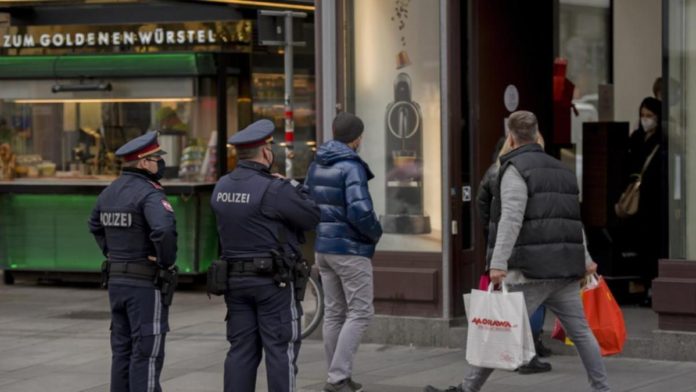VIENNA: Austria said on Friday it is barring those not fully vaccinated against Covid-19 from cafes, restaurants and hairdressers as infections approach the record set a year ago and the government struggles to convince holdouts to get the shot.
Roughly 64 per cent of Austria’s population is fully vaccinated against Covid-19, in line with the European Union average but one of the lowest rates in western Europe. Many Austrians are sceptical about vaccines, as is the far-right Freedom Party, the third-biggest party in parliament.
New daily infections have been surging and on Friday rose to 9,388, close to the record of 9,586 set a year ago, when the second of three national lockdowns was introduced.
“The evolution is exceptional and the occupancies of intensive-care beds are increasing significantly faster than we had expected,” Chancellor Alexander Schallenberg told a news conference on the new measures that take effect on Monday.
These include barring the unvaccinated from hotels and events of more than 25 people.
There will be a four-week transition period in which a first vaccination plus a PCR test will grant admission to places where the unvaccinated will be banned. After that, only the fully vaccinated and those who have recently recovered from a coronavirus infection will be let in.
Friday’s announcement by the conservative-led government comes a day after a similar move by the Social Democrat-led City of Vienna, which has the lowest infection rate among Austria’s nine provinces but the highest percentage of intensive-care beds occupied by Covid-19 patients at 20 per cent.
The New York Times reported on Friday that the city of Vienna will help vaccinate children as young as five against Covid-19 without official EU approval in what the newspaper said appeared to be the EU’s first systematic inoculation programme for children organised by a government body. While US regulators have approved Pfizer’s vaccine for five-to-11-year-olds, kickstarting inoculations for that age group in the United States this week, the European Medicines Agency decision on the matter is still pending.
